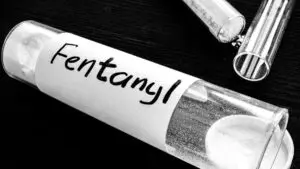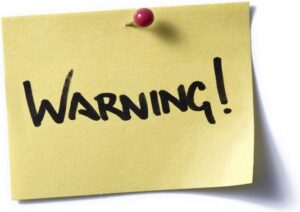As the days shorten and the nights grow darker, our moods and mental health may change as well. Experiencing feelings of depression or anxiety in the colder Fall and Winter months of the year may be a sign of Seasonal Affective Disorder (SAD), a mental health disorder which affects millions of people around the world. Some estimates suggest up to 20 percent of Americans are affected by SAD each year, with varying levels of impact on one’s daily life.
For some, coping with the mental and emotional strains of Seasonal Affective Disorder can be challenging. While drug and alcohol use can offer temporary relief, substance abuse only further complicates the issue in the long run.
If you are experiencing negative effects caused by the change in seasons, understanding what Seasonal Affective Disorder is can help you learn to cope with the challenges it presents.
What is Seasonal Affective Disorder?
Seasonal Affective Disorder, or SAD, is a mood disorder caused by the daylight changes associated with the seasons. Most people who live with SAD experience symptoms in the Fall and Winter months, though some may experience them in the Spring and Summer. Temperature changes can also play a role for residents of colder climates, especially when heavy snow causes isolation and solitude.
Seasonal Affective Disorder is caused by two factors: changes in the body’s natural circadian rhythm (which regulates the sleep-wake cycle) and reduced production of certain neurological hormones. Serotonin and melatonin levels may drop during the darker months, causing symptoms like:
- Depression
- Fatigue
- Anxiety
- Loss of interest and social withdrawal
- Mood swings
- Excessive sleepiness
- Insomnia
- Changes in appetite
For people with certain co-occurring mental health disorders like depression or Bipolar Disorder, SAD can worsen existing symptoms.
Seasonal Affective Disorder and Addiction Treatment in Atlanta
While SAD may not be the root cause of substance abuse, the intensification of other mental health symptoms can be difficult to manage. Using drugs and alcohol to numb the pain or escape the emotional distress of underlying trauma creates a damaging cycle of substance abuse that can end in tragedy. Despite what may seem like relief in the moment, drug and alcohol use may act as depressants and ultimately cause symptoms to worsen.
Alternatively, developing a physical dependence on certain substances to produce endorphins and serotonin is equally harmful. One may feel numb or unable to experience pleasure or happiness without the use of “uppers” like cocaine, further deepening dependence.
Overcoming addiction is possible. Addiction treatment in Atlanta offers the support and guidance necessary to building a brighter future in long-term recovery. Through comprehensive treatment programs addressing both the physical and psychological, Tangu Recovery can help you reclaim control of your life.
If you are struggling with Seasonal Affective Disorder and addiction, the shame and fear of judgements based on social stigmas can make seeking help difficult, if not impossible. Tangu Recovery offers affordable, judgement-free access to the medical and mental health support you need to break the chains of addiction.
Our recovery specialists understand that Seasonal Affective Disorder and substance abuse affects everyone differently. That’s why we use a personalized approach to addiction treatment in Atlanta, addressing your specific challenges, empowering you with the tools necessary for your new healthier, sober life. Through holistic therapy options offering through outpatient programs, we make it easier to achieve and maintain recovery. Tangu Recovery day or evening options means you can improve your quality of life while still seeing to your everyday responsibilities.
If you are ready to take back control of your life, let us help guide your path to recovery. Contact us today.



